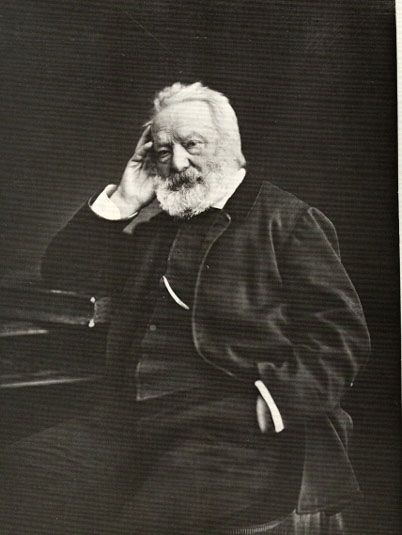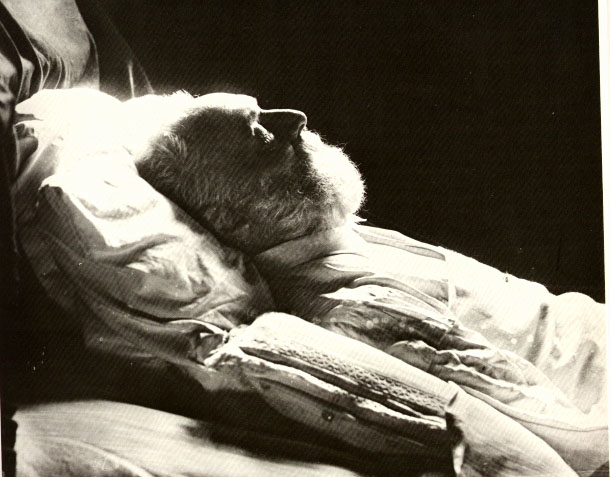units
image banks
--l'assiette au beurre
--Les Quatre Saisons de la Kultur
 |
 |
From: Ninety -Three
'93 was the war of Europe against France, and of France against
Paris. And what was the Revolution? It was the victory of France over Europe,
and of Paris over France. Hence the immensity of that terrible moment,
'93,—grander than all the rest of the century. Nothing could be more tragic:
Europe attacking France, and France attacking Paris! A drama which reaches
the stature of an epic. '93 is a year of intensity. The tempest is there
in all its wrath and all its grandeur. Cimourdain felt himself at home.
This distracted centre, terrible and splendid, suited the span of his wings.
Like the sea-eagle amid the tempest, this man preserved his internal composure
and enjoyed the danger. Certain winged natures, savage yet calm, are made
to battle the winds,—souls of the tempest: such exist.
He had put pity aside, reserving it only for the wretched. He
devoted himself to those sorts of suffering which cause horror. Nothing
was repugnant to him. That was his kind of goodness. He was divine in his
readiness to succour what was loathsome. He searched for ulcers in order
that he might kiss them. Noble actions with a revolting exterior are the
most difflcult to undertake; he preferred such. One day at the Hôtel
Dieu a man was dying, suffocated by a tumour in the throat,—a fetid, frightful
abscess,—contagious perhaps,— which must be at once opened. Cimourdain
was there; he put his lips to the tumour, sucked it, spitting it out as
his mouth filled, and so emptied the abscess and saved the man As he still
wore his priest's dress at the time, some one said to him " If you were
to do that for the king, you would be made à bishop." " I would
not do it for the king," Cimourdain replied. The act and the response rendered
him popular in the sombre quarters of Paris.
They gave him so great a popularity that he could do what he
liked with those who suffered, wept, and threatened. At the period of the
public wrath against monopolists,—a wrath which was prolific in mistakes,—Cimourdain
by a word prevented the pillage of a boat loaded with soap at the quay
Saint Nicholas, and dispersed the furious bands who were stopping the carriages
at the barrier of Saint Lazare.
It was he who, two days after the 10th of August, headed the
people to overthrow the statues of the kings. They slaughtered as they
fell: in the Place Vendôme, a woman called Reine Violet was crushed
by the statue of Louis XIV, about whose neck she had put a cord, which
she was pulling. This statue of Louis XIV. had been standing a hundred
years. It was erected the 12th of August, 1692; it was overthrown the 12th
of August, 1792. In the Place de la Concorde, a certain Guinguerlot was
butchered on the pedestal of Louis XV's statue for having called the demolishers
scoundrels. The statue was broken in pieces. Later, it was melted to coin,
—into sous. The arm alone escaped,—it was the right arm which was extended
with the gesture of a Roman emperor. At Cimourdain's request the people
sent a deputation with this arm to Latude, the man who had been thirty-seven
years buried in the Bastille. When Latude was rotting alive, the collar
on his neck, the chain about his loins, in the bottom of that prison where
he had been cast by the order of that king whose statue overlooked Paris,
who could have prophesied to him that this prisen would fall, this statue
would be destroyed; that he would emerge from the sepulchre and the monarchy
enter it; that he, the prisoner, would be the master of this hand of bronze
which had signed his warrant; and that of this king of Mud there would
remain only his brazen arm ?